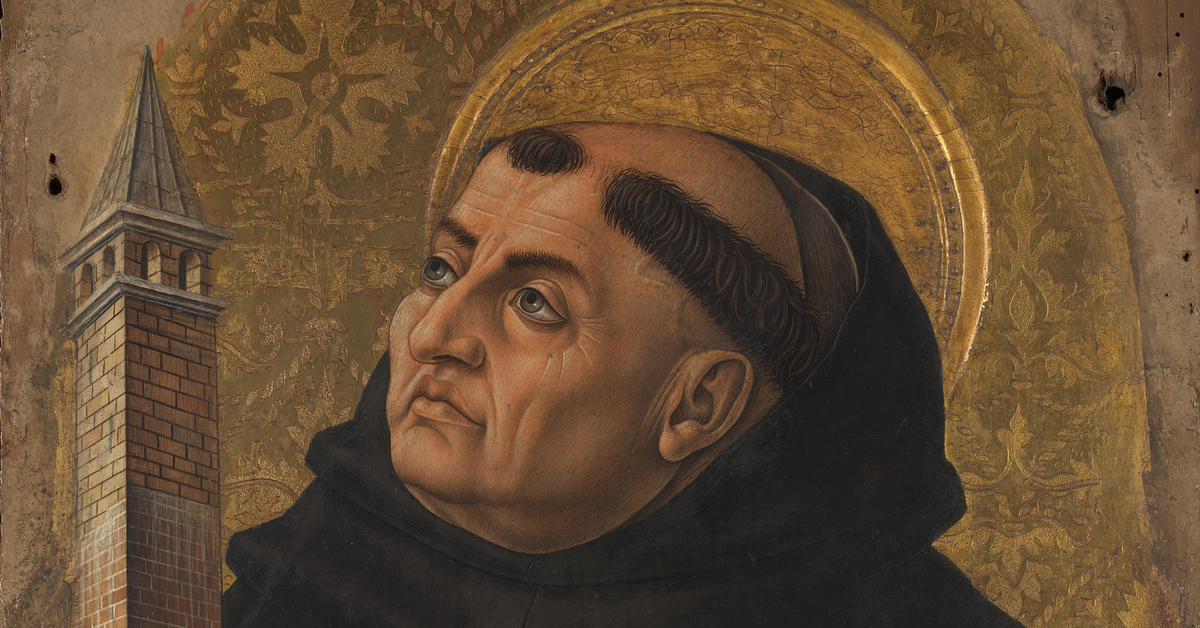
Thomas Aquinas Weighs in on the Coronavirus and Public Policy
On this episode of ID the Future, Andrew McDiarmid speaks with pediatric neurosurgeon and professor Michael Egnor about public policy decisions regarding the coronavirus. In a conversation based on a recent Evolution News article, Egnor says scientists should have “stayed in their lane,” giving policymakers the information that science can provide about a potential pandemic, and left the political calculations alone. He argues that WHO failed in one of its primary jobs, which is providing timely information and recommendations for preventing and slowing the spread of pandemics. They sat on information about Covid-19 for weeks, long after they knew there was a serious problem in China. Egnor also urges policymakers to apply science along with other expert information in a transparent decision-making process. And they must apply sound ethics — for which Egnor offers Thomas Aquinas’s four-fold framework, including the principle of “double effect.”





